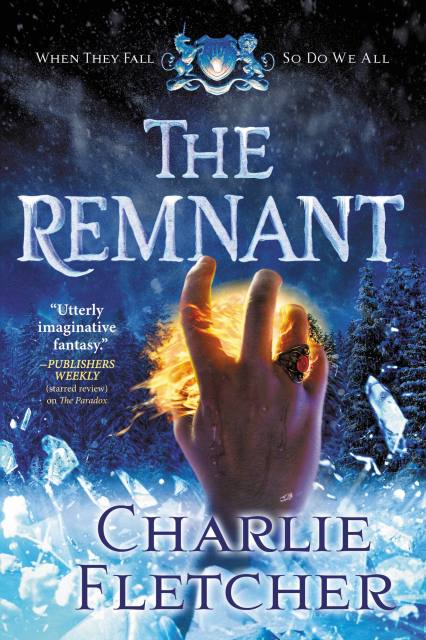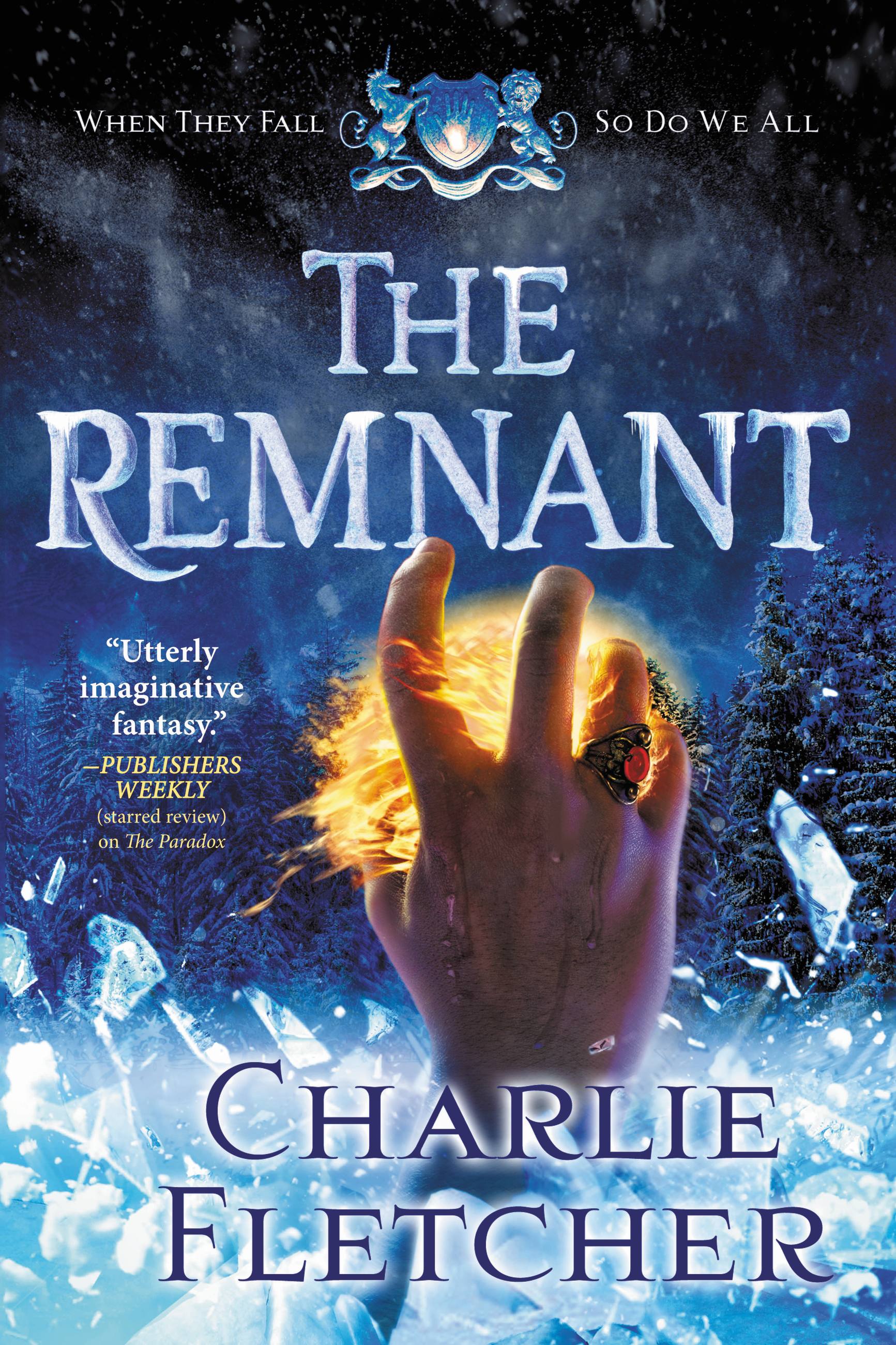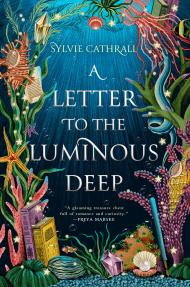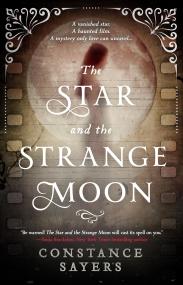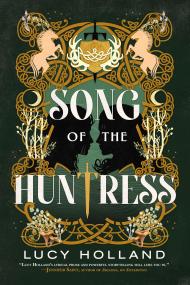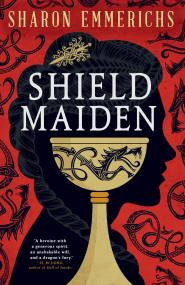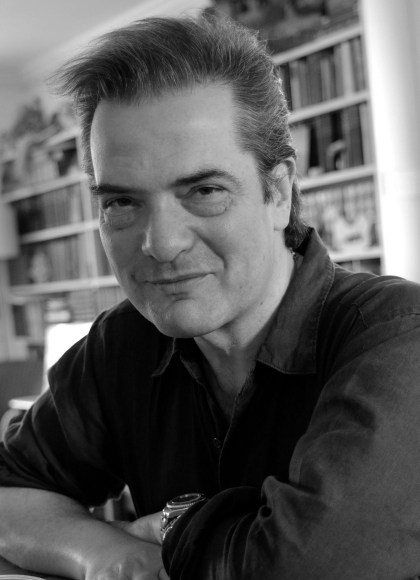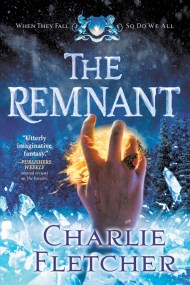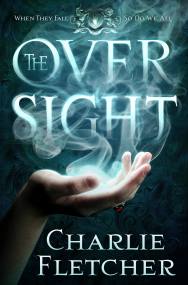Promotion
Use code MOM24 for 20% off site wide + free shipping over $45
The Remnant
Contributors
Formats and Prices
Price
$9.99Price
$12.99 CADFormat
Format:
- ebook $9.99 $12.99 CAD
- Audiobook Download (Unabridged)
- Trade Paperback $24.99 $31.99 CAD
This item is a preorder. Your payment method will be charged immediately, and the product is expected to ship on or around March 14, 2017. This date is subject to change due to shipping delays beyond our control.
Also available from:
The Oversight of London has been sworn for millennia to prevent the natural and the supernatural worlds from preying on each other.
Now, at its lowest ebb, with its headquarters destroyed and its last members scattered far and wide, this secret society will battle for survival and face the harshest foe it has ever met: itself.
Genre:
- On Sale
- Mar 14, 2017
- Page Count
- 464 pages
- Publisher
- Orbit
- ISBN-13
- 9780316279581
Newsletter Signup
By clicking ‘Sign Up,’ I acknowledge that I have read and agree to Hachette Book Group’s Privacy Policy and Terms of Use
